Black children’s lives matter. Unfortunately, Black children in the United States of America face a dual reality: growing up in the “land of opportunity” while also experiencing the reality of racism and inequities that impact their daily lives. However, there are crucial policies that we can pass to ensure equitable care for black children.
1. Maintain Child Tax Credits and Income Supports
2. Address Racial Disparities in Wages and Career Advancement Opportunities
3. Invest in Black-Owned and Black-Led Businesses, Organizations, and Institutions
4. Expand the Family and Medical Leave Act
5. Expand Health Insurance
6. Expand Universal Access to Early Care and Education
7. Address Harsh and Unfair Discipline Practices
8. Ensure Equity in Early Intervention and Special Education
9. Ensure Culturally Responsive Curricula and Practices through Workforce Development and Training
DID YOU KNOW?
79% of Black households have at least one parent who is employed. This is similar to White homes (80%) based on the US Bureau of Labor Statistics, Current Population Survey. Unfortunately, employment does not always translate to higher income or wealth. This is because Black people, compared to White or Asian people, are less likely to work in management, professional, and related occupations—the highest paying major occupational category.
Almost 80% of Black families of preschoolers read to their children at least four days a week or tell a story. Early home literacy practices positively affect children’s early language and literacy and later reading achievement and school outcomes. Even amid social and economic challenges, according to data from the US Department of Education, National Household Education Survey, almost 8 out of 10 Black parents read to their children more than three times a week; tell a story; teach letters, words, and numbers; or engage in arts and crafts.
Black parents support positive social identity and high educational expectations. Black parenting is about transmitting positive messages about children’s cultural background, heritage, and identity and holding them to high expectations related to their behavior and academic learning. In line with Afrocentric parenting, Black parents emphasize values in their childrearing practices, such as family interconnectedness, independence, obedience, behaving well, and respecting others.
Black children have strong oral narrative and storytelling skills that are part of their cultural roots and support their learning. Oral language and storytelling skills are part of Afrocentric practices, and there is evidence that these skills are related to later reading achievement.vi Studies show that oral language is a robust skill set of Black children compared to other children and predictive of their early literacy and later school achievement.
More Black children ages 3–5 can read words in a book compared to other children. Data from Boston, Massachusetts, showed that 16% of Black children could read terms in a book compared to 8% of White, 3% of Hispanic, and 4% of Asian or Pacific Islander children. Furthermore, 38% of Black children in this age group recognize all letters of the alphabet, and 69% can count to 20 or higher.
references: https://equity-coalition.fpg.unc.edu/resource/black-child-national-agenda-america-must-deliver-on-it

